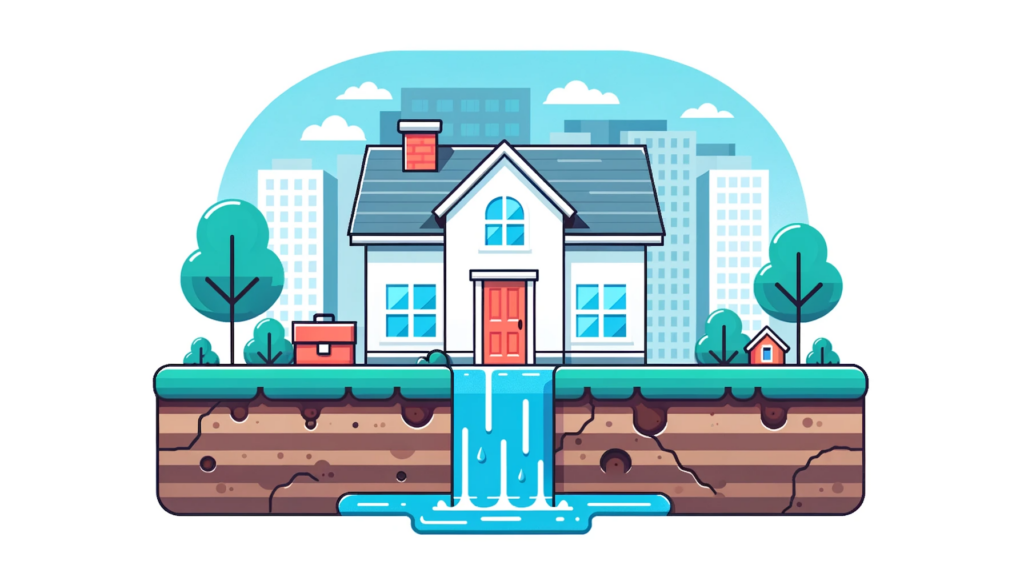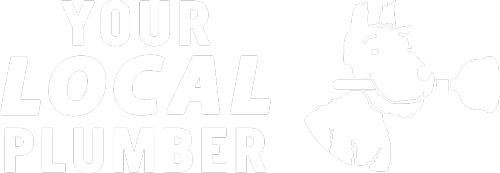
Call Today 09 973 4973 or
Gas Safety Inspections for Residential Properties
Gas safety inspections are a fundamental aspect of maintaining a safe and efficient home environment, especially for properties that utilise natural gas for heating, cooking, or hot water. These inspections are designed to ensure that all gas appliances, connections, and infrastructure meet the required safety standards, helping to prevent accidents such as gas leaks, fires, and carbon monoxide poisoning.
During a gas safety inspection, a qualified gas fitter or technician will conduct a thorough examination of the property’s gas system. This includes checking the integrity of gas lines, testing the connections for leaks, and inspecting the condition and operation of gas appliances. The inspector will also assess the ventilation and exhaust systems to ensure they are functioning correctly and safely removing combustion gases from the property.
One of the key components of the inspection is verifying that appliances are burning gas efficiently. An inefficient burn can not only waste gas and increase costs but also produce harmful by-products like carbon monoxide. The technician will look for signs of soot or yellow flames, which indicate incomplete combustion, and make adjustments or recommend repairs as necessary.
The inspection process also involves testing safety devices associated with gas appliances, such as cut-off valves and carbon monoxide detectors, to ensure they are operational. These devices are critical for automatically shutting down the gas supply or alerting residents to dangerous conditions, providing an essential safety net for homeowners.
Homeowners should schedule gas safety inspections regularly, typically once a year, to ensure their gas systems remain in good working order. These inspections are particularly important for older properties where gas installations may have deteriorated over time or for homes that have recently undergone renovations that could have affected the gas lines.
In addition to the annual inspection, homeowners are encouraged to be proactive about gas safety. This includes being aware of the signs of gas leaks, such as the smell of rotten eggs, hissing sounds near gas lines, or unexplained increases in gas bills. Residents should also know how to shut off the gas supply in an emergency and have a plan for evacuating the property safely.
By prioritising gas safety inspections and being vigilant about gas safety practices, homeowners can protect their families from the risks associated with gas appliances and ensure their homes remain safe, comfortable, and energy-efficient.
Suppliers




